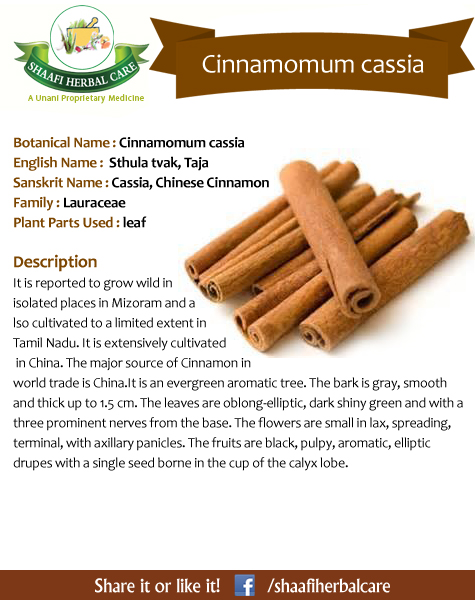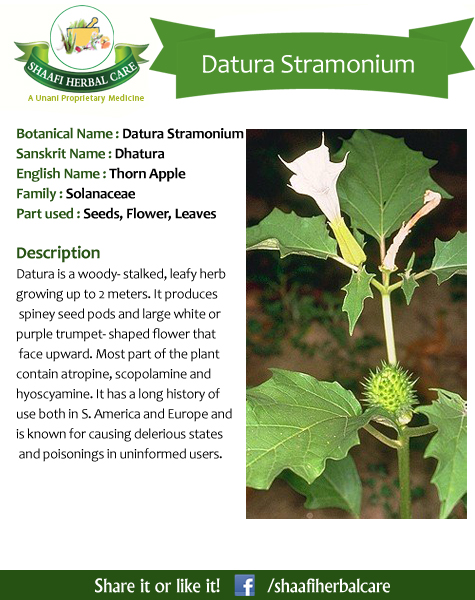
Benefits of Eugenia Jambolana
Cholesterol Reduction
Eugenia jambolana seed kernel may help lower cholesterol levels in diabetics, according to a study published in the September 2005 issue of the journal “Food and Chemical Toxicology.” In the animal study, doses of 100 milligrams per kilogram body weight of Eugenia jambolana seed kernel extract restored cholesterol and triglyceride levels to near normal and worked comparably to the standard anti-diabetes drug glibenclamide. Researchers noted that flavonoid antioxidants and other active constituents of the plant may be responsible for the cholesterol-lowering benefits.
Insecticide
Insecticidal effects of Eugenia jambolana were demonstrated in a study published in the November 2012 issue of the journal “Environmental Science and Pollution Research International.” The plant extract killed larvae of Aedes aegypti, the mosquito that transmits the tropical disease dengue fever. However, it was less effective than Solidago canadensis, another plant tested in the study. Researchers observed a synergistic effect between the plant extracts and deltamethrin, a conventional chemical insecticide. Results of the study indicate that Eugenia jambolana shows potential as an environmentally safe, natural means for controlling mosquito populations.
Antibacterial
Eugenia jambolana seed extract may help in the management of some drug-resistant bacterial infections, according to a study published in the June 2012 issue of the journal “Microbiological Research.” Eugenia jambolana inhibited all strains of bacteria in the test tube study. The seed extract did not damage human red blood cells and was non-toxic in animal testing. These preliminary results support the traditional use of Eugenia jambolana to treat bacterial infections and indicate its potential for development as a new antimicrobial agent.
Blood Sugar Management
Blood sugar-lowering benefits of Eugenia jambolana were demonstrated in a study published in the April 2009 issue of the “Indian Journal of Physiology and Pharmacology.” In the animal study, doses of 200 milligrams per kilogram body weight decreased blood sugar levels by the 10th day of supplementation. Insulin levels and levels of glycosylated hemoglobin — a blood marker that reflects blood sugar levels for the previous three months — were also decreased to near-normal levels after 30 days. In another section of the study, Eugenia jambolana protected against stomach ulcer due to over-secretion of stomach acid.


